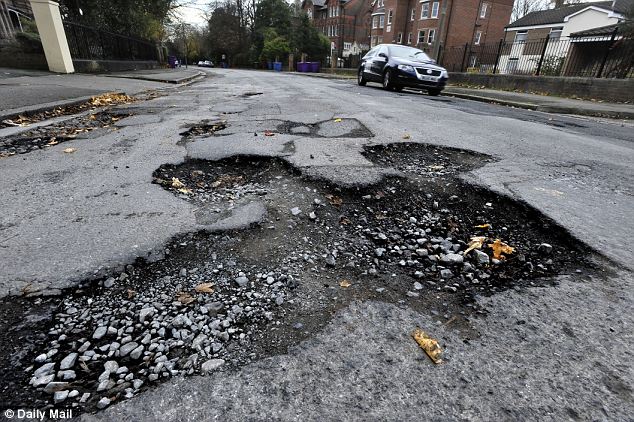‘Bad roads, rail facilities hamper international trade growth’

Thupeyo Muleya, Beitbridge Bureau
FREIGHT forwarders and customs clearing agents have called on Sadc member states to upgrade the rail and road infrastructure to stimulate regional and international trade.
In an interview Thursday, chief executive officer for the Shipping and Forwarding Agents Association of Zimbabwe, Mr Joseph Musariri, said the bad state of roads and rail facilities in the bloc was one of the barriers to the growth of international trade.
He said transport and logistics facilities were key elements to regional and international trade.
“Trade within Comesa and Sadc and indeed the AU will not happen if the regions have little rail, road, sea and air linkages,” he said.
“From the freight forwarders’ point of view, we feel that there is a need for governments to develop these linkages before we can talk about trade in the region”.
Mr Musariri said the current state of affairs was more convenient for trade with overseas countries rather than those in Africa.
He added that the situation was made worse by the poor state of some ports of entries within the region and the lack of interface between member states’ customs systems.
“The malfunctioning of railways contributes to border congestion and road carnage. It is important to have interlinks of rail and roads network between member states to address some of these challenges,” he said.
Mr Musariri said it was prudent for Sadc governments to address the issue of efficiency of border management systems and that it was key in resolving border challenges.
He also bemoaned the situation in the country, where the Zimbabwe Revenue Authority’s automated system for customs data (Asycuda) was constantly breaking down.
“The system is constantly down, but Zimra does not give any public apologies.
“In many instances we end up incurring demurrages if cargo is delayed and they don’t seem to care,” he said.
Zimra’s board secretary and director of legal and corporate affair, Ms Florence Jambwa maintained that their system was very reliable.
“Just like any other system, there are isolated incidents of Asycuda World system downtime and we promptly resolve the issues to avoid inconveniencing clients and to facilitate smooth trade in line with the authority’s mandate.
“It should be noted that due to the pre-clearance facility, most of the shipments are registered and cleared before the cargo arrives at the country’s ports of entry.
“We have also put in place several measures to ensure that in the few cases that the system goes down, clients are not inconvenienced,” she said.
Ms Jambwa said in cases where the system was down and entries will only be awaiting release, they release the cargo against a report order.
She added that was done to ensure uninterrupted movement of cargo and to protect clients from incurring additional costs in importing or exporting their goods.
“Where there are urgent shipments whose bills of entry would not have been registered in advance through the pre-clearance facility alluded to above, Zimra releases the goods against deposit and report order.
“To ensure the continuity of business in the event of system downtime, we have a robust business continuity plan, which includes the processing of manual bills of entry to clear cargo at ports of entry and exit,” said Ms Jambwa.











Comments